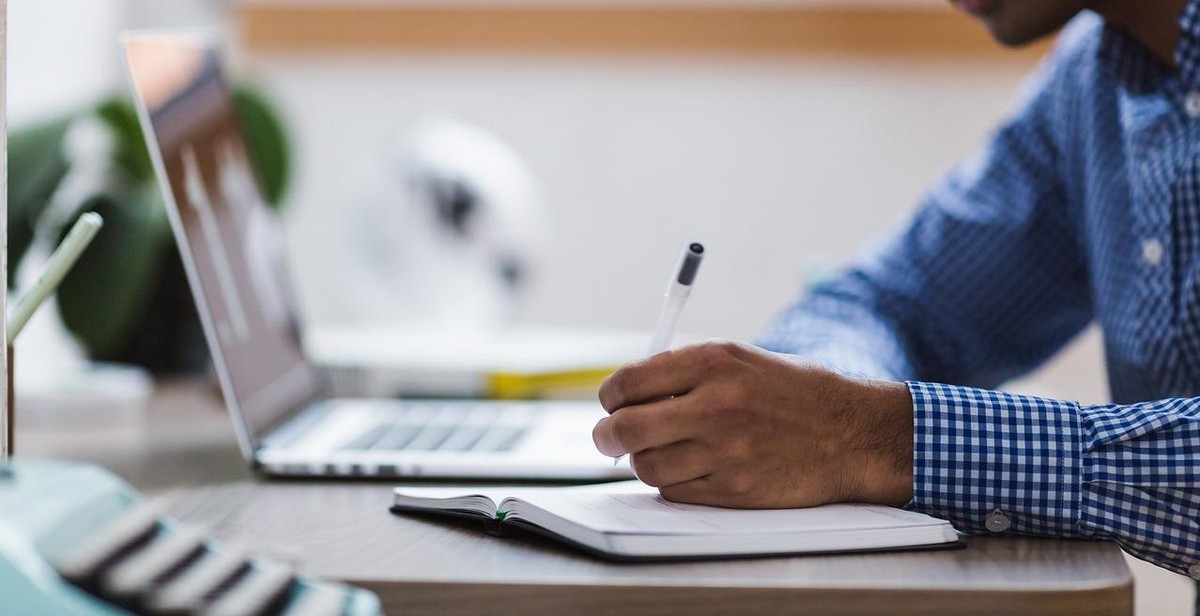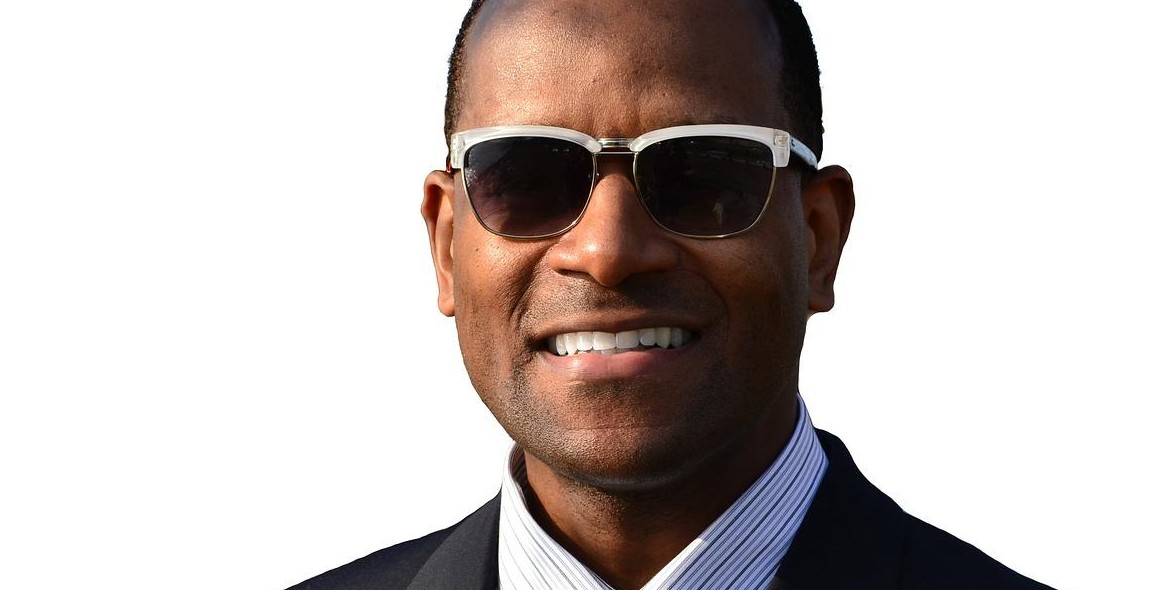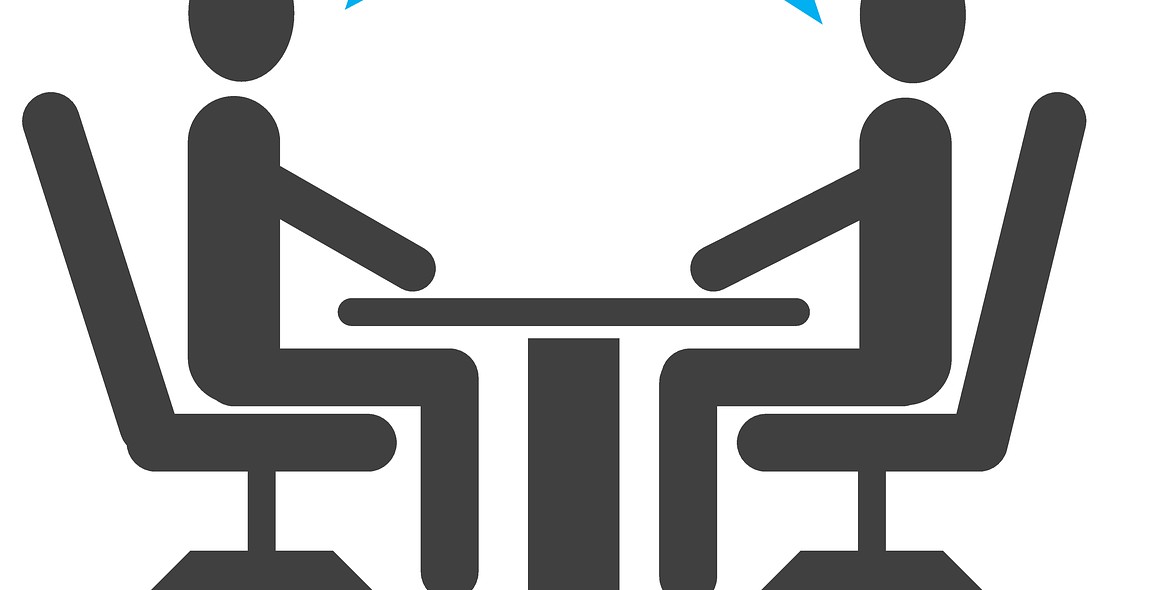How to Ace a Job Interview: Preparation and Strategies for Success
Job interviews can be a nerve-wracking experience for many people. The pressure of making a good impression, answering questions correctly, and impressing the interviewer can make even the most confident person feel anxious. However, proper preparation can help alleviate some of the stress and increase your chances of success.
Why Preparation is Key to Acing a Job Interview
Preparation is the foundation for a successful job interview. It helps you to feel more confident, organized, and knowledgeable about the company and position you are applying for. Researching the company and the position beforehand can help you tailor your responses and show the interviewer that you are genuinely interested in the job.
Preparing for common interview questions and practicing your responses can also help you feel more comfortable and confident during the interview. Additionally, dressing appropriately, arriving on time, and bringing copies of your resume and any other relevant documents can help you make a great first impression.
This article will provide you with tips and strategies to help you prepare for a job interview and increase your chances of success.

Research the Company and the Role
One of the most important aspects of preparing for a job interview is researching both the company and the role you are applying for. This will not only help you better understand the company’s culture and values, but also enable you to tailor your responses to the interviewer’s questions.
Learn About the Company’s Culture and Values
Start by visiting the company’s website and social media pages to learn more about their mission, values, and culture. Look for any recent news or press releases, as well as information about their products or services. This will give you a better understanding of what the company stands for and what they are trying to achieve.
Additionally, you may want to research the company’s reputation online by reading reviews on sites like Glassdoor or checking out their ratings on the Better Business Bureau. This can give you valuable insight into how the company treats its employees and customers.
Understand the Job Description and Requirements
Next, carefully review the job description and requirements to ensure that you fully understand what the role entails. Pay close attention to any required skills or qualifications, as well as any specific responsibilities or duties.
Make a list of your own skills and experiences that match those listed in the job description, and be sure to highlight these during the interview. This will demonstrate to the interviewer that you are a good fit for the role and that you have taken the time to prepare.
- Visit the company’s website and social media pages to learn more about their mission, values, and culture.
- Research the company’s reputation online by reading reviews on sites like Glassdoor or checking out their ratings on the Better Business Bureau.
- Carefully review the job description and requirements to ensure that you fully understand what the role entails.
- Make a list of your own skills and experiences that match those listed in the job description, and be sure to highlight these during the interview.
By taking the time to research the company and the role, you will be better prepared to answer the interviewer’s questions and demonstrate your suitability for the job. This will not only increase your chances of success, but also help you feel more confident and relaxed during the interview.

Prepare Answers to Common Interview Questions
Tell Me About Yourself
The “Tell me about yourself” question is usually the first one asked in an interview. It’s an opportunity for you to introduce yourself and highlight your skills and experience. However, it’s important to keep your answer relevant to the job you’re applying for. Here are some tips:
- Start with a brief introduction about yourself, including your name and your current job or educational status.
- Highlight your relevant skills and experience, focusing on those that match the job requirements.
- Give examples of your accomplishments and achievements that demonstrate your skills and experience.
- End with a statement about why you’re interested in the job and how you can contribute to the company.
Why Do You Want This Job?
The “Why do you want this job?” question is designed to assess your motivation and interest in the position. Here are some tips:
- Research the company and the job description to understand the company culture, mission and values.
- Explain why you’re interested in the job and how it aligns with your career goals.
- Highlight specific aspects of the job that appeal to you, such as the challenges, responsibilities or opportunities for growth.
- Emphasize your skills and experience that make you a good fit for the job and the company.
What Are Your Strengths and Weaknesses?
The “What are your strengths and weaknesses?” question is designed to evaluate your self-awareness and ability to reflect on your performance. Here are some tips:
- Focus on your strengths that match the job requirements and emphasize how they can benefit the company.
- Provide specific examples of how you have used your strengths to achieve success in your previous jobs.
- When discussing your weaknesses, be honest but avoid mentioning any weaknesses that could negatively impact your ability to perform the job.
- Show how you’ve worked on improving your weaknesses and how you’ve turned them into strengths.
Why Should We Hire You?
The “Why should we hire you?” question is your chance to sell yourself and convince the employer that you’re the best candidate for the job. Here are some tips:
- Highlight your skills and experience that match the job requirements and explain how they can benefit the company.
- Provide specific examples of your accomplishments and achievements that demonstrate your skills and experience.
- Show your enthusiasm and passion for the job and the company.
- Explain how you can contribute to the company’s success and how you can add value to the team.
Practice, Practice, Practice
One of the most effective ways to prepare for a job interview is through practice. The more you practice, the more comfortable you will feel during the actual interview. Here are two methods to help you practice for your job interview:
Mock Interviews with Friends or Family
One of the best ways to practice for a job interview is to conduct mock interviews with friends or family members. This will allow you to simulate a real interview setting, and you can receive feedback on your performance.
During the mock interview, ask your friend or family member to ask you common interview questions. Try to answer the questions as if you were in a real interview. After the interview, ask for feedback on your answers and overall performance. This will help you identify areas where you need to improve.
Record Yourself and Review Your Performance
Another effective method to practice for a job interview is to record yourself and review your performance. This will allow you to see how you come across during an interview and identify areas where you need to improve.
Use a webcam or your smartphone to record yourself answering common interview questions. After recording, review the video and take note of your body language, tone of voice, and overall demeanor. This will help you identify areas where you need to improve and make adjustments before the actual interview.
| Question | Example Answer |
|---|---|
| Can you tell me about yourself? | Well, I graduated from XYZ University with a degree in Marketing. Since then, I have worked in the marketing department of ABC Company for the past 3 years. In my current role, I have managed several successful marketing campaigns and have been recognized for my ability to think creatively and strategically. |
| What are your strengths? | One of my biggest strengths is my ability to work in a team. I enjoy collaborating with others and believe that everyone has something valuable to contribute. I am also very organized and detail-oriented, which helps me manage projects effectively. |
| What are your weaknesses? | One area where I have been trying to improve is my public speaking skills. I tend to get nervous when speaking in front of large groups, but I have been taking steps to overcome this by practicing and seeking feedback from others. |
By practicing and preparing for your job interview, you will increase your chances of success. Remember to stay calm, be confident, and showcase your skills and experience to the interviewer. Good luck!

Dress for Success
When it comes to job interviews, first impressions matter a lot. Your attire is a significant part of that first impression. It is essential to choose the appropriate attire for the company and the role you are applying for.
Choose Appropriate Attire for the Company and the Role
Research the company’s dress code before the interview. Dressing appropriately shows that you have put in the effort to understand and respect the company’s culture. If the company has a business casual dress code, you can wear slacks or khakis with a dress shirt or blouse. For a formal dress code, a suit and tie or a professional dress would be appropriate.
When choosing your attire, it is also important to consider the role you are applying for. Dress in a way that reflects the position you are seeking. For example, if you are applying for a management position, a suit and tie would be more appropriate than a business casual attire.
Grooming and Personal Hygiene
Apart from your attire, your grooming and personal hygiene are also crucial in making a good first impression. Make sure your hair is clean and neatly styled. If you have facial hair, ensure it is well-groomed.
Ensure that your nails are clean and trimmed, and avoid wearing flashy or distracting nail polish. Good oral hygiene is also essential; brush your teeth, use mouthwash, and avoid eating strong-smelling foods before the interview.
Remember, your overall appearance and hygiene should be neat, clean, and professional.
In summary,
- Research the company’s dress code before the interview.
- Dress appropriately for the role you are applying for.
- Ensure your grooming and personal hygiene are on point.
| Do’s | Don’ts |
|---|---|
| Wear clean, ironed, and well-fitted clothes. | Wear wrinkled or ill-fitted clothes. |
| Choose neutral colors and avoid flashy prints. | Wear bright or distracting patterns. |
| Wear comfortable shoes that match your attire. | Wear sneakers or flip-flops. |
| Keep your hair and facial hair well-groomed. | Show up with messy hair or an unkempt beard. |
| Brush your teeth and use mouthwash | Show up with bad breath or chewing gum. |

Arrive Early and Be Prepared
Arriving early and being prepared are two critical components of a successful job interview. These simple steps can set the tone for the entire interview, and can help you make a great first impression with your potential employer. Here are some tips to help you arrive early and be prepared:
Plan Your Route and Transportation
One of the best things you can do to ensure that you arrive early for your job interview is to plan your route and transportation in advance. This means researching the location of the interview and finding the best way to get there, whether it be by car, public transportation, or bike. If you are driving, make sure to give yourself plenty of time to find parking and navigate any potential traffic or road closures. If you are taking public transportation, make sure to check the schedules and plan for any delays or cancellations. By planning your route and transportation ahead of time, you can reduce the risk of being late for your interview and start the day off on the right foot.
Bring Extra Copies of Your Resume and References
Another important aspect of being prepared for a job interview is bringing extra copies of your resume and references. Even if you have already submitted these documents online or via email, it’s always a good idea to bring hard copies with you to the interview. This shows that you are organized and prepared, and gives your potential employer a chance to review your qualifications and experience in detail. Additionally, bringing extra copies of your resume and references allows you to have a backup plan in case something goes wrong with your electronic submission or if you need to provide additional information during the interview.
In summary, arriving early and being prepared are essential components of acing a job interview. By planning your route and transportation in advance and bringing extra copies of your resume and references, you can set yourself up for success and make a great first impression with your potential employer.

During the Interview
Once you have prepared well for the job interview, the actual interview can be nerve-wracking. However, if you keep in mind a few key strategies, you can make a great impression on the interviewer and increase your chances of landing the job.
Make a Good First Impression
Remember that first impressions matter, so make sure you dress appropriately, arrive on time, and greet the interviewer with a smile and a firm handshake. Be polite and professional throughout the interview, and maintain good eye contact to show that you are engaged and interested in the conversation.
Listen Carefully and Respond Thoughtfully
During the interview, listen carefully to the questions asked and take your time to respond thoughtfully. Avoid giving one-word answers or rambling on too long. Instead, try to provide specific examples from your past experiences that demonstrate your skills and qualifications for the job. Speak clearly and confidently, but also be aware of your tone and body language.
Ask Intelligent Questions
At the end of the interview, the interviewer will likely ask if you have any questions. This is your chance to show your interest in the company and the position. Prepare a few intelligent questions in advance, such as asking about the company culture or the specific responsibilities of the job. This will demonstrate that you have done your research and are genuinely interested in the position.
Remember to thank the interviewer for their time and consideration, and follow up with a thank-you email or note after the interview. By following these strategies, you can ace your job interview and increase your chances of landing the job.
Follow Up After the Interview
After the interview, it’s important to follow up with the interviewer to show your appreciation for their time and express your continued interest in the position. Here are some tips for following up:
Send a Thank-You Note or Email
Within 24 hours of your interview, send a thank-you note or email to the interviewer. This is a great way to show your gratitude for their time and reiterate your interest in the position. Be sure to personalize your message and mention specific points from the interview that you found particularly interesting or informative.
- Address the interviewer by name
- Express your gratitude for their time
- Reiterate your interest in the position
- Mention specific points from the interview
- Keep it concise and professional
Ask About Next Steps and the Hiring Timeline
During the interview, it’s important to ask about the next steps in the hiring process and the timeline for making a decision. This information will give you an idea of when to expect to hear back and when it’s appropriate to follow up again. If you didn’t ask about this during the interview, it’s perfectly acceptable to email or call the interviewer to ask.
| Questions to Ask About Next Steps and Hiring Timeline |
|---|
| When can I expect to hear back from you? |
| What are the next steps in the hiring process? |
| Is there anything else you need from me? |
Remember to be patient and respectful when following up after an interview. It’s important to show your continued interest in the position without being pushy or demanding. Good luck!
Conclusion
Preparing for a job interview can be a daunting task, but with the right strategies and mindset, you can ace it. Remember to research the company, practice common interview questions, and dress appropriately. Arrive early and stay calm throughout the interview. Answer questions honestly and confidently, and show your enthusiasm for the job and company.
It’s also important to remember that not every job interview will result in a job offer. Don’t be discouraged if you don’t get the job. Use the experience as a learning opportunity and keep working on improving your interview skills.
Lastly, don’t forget to follow up with a thank you note or email to the interviewer. This shows your appreciation for the opportunity and leaves a positive impression.
Remember these key points:
- Research the company beforehand
- Practice common interview questions
- Dress appropriately
- Arrive early and stay calm
- Show enthusiasm for the job and company
- Use unsuccessful interviews as learning opportunities
- Follow up with a thank you note or email
